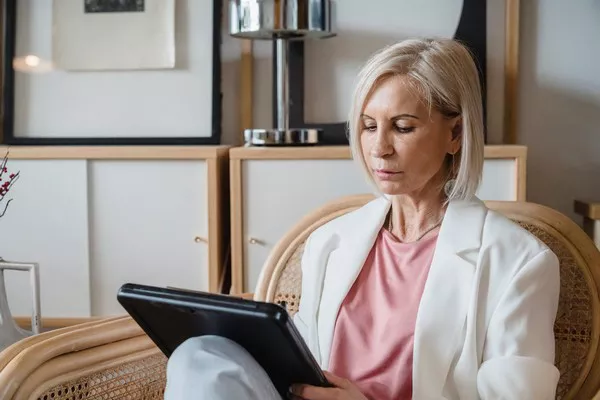With nearly 60% of Americans with mental health conditions unable to access treatment, digital therapeutics are rapidly emerging as a scalable solution. The global market for mental health apps surpassed $8 billion in 2025, fueled by AI advancements that enable personalized, 24/7 support. Unlike traditional teletherapy, these next-generation apps like Woebot and Wysa use natural language processing to deliver cognitive behavioral therapy (CBT) techniques through conversational interfaces. A meta-analysis in JAMA Psychiatry found that regular use of these apps reduced depression and anxiety symptoms by 38% in mild-to-moderate cases, comparable to face-to-face therapy for many users.
The most significant innovation comes from adaptive algorithms that learn users’ patterns and intervene during crisis moments. Mindstrong Health’s app, for example, analyzes typing speed and smartphone usage to detect mood changes with 85% accuracy, then delivers targeted coping strategies. Other platforms like CompanionMX use voice analysis to flag early signs of psychotic episodes in schizophrenia patients, alerting clinicians before hospitalization becomes necessary. These tools are particularly impactful in rural areas where mental health professionals are scarce – a recent pilot program in West Virginia saw emergency psychiatric visits drop by 22% after implementing AI screening tools in primary care clinics.
Yet concerns persist about data privacy and over-reliance on technology. A investigation by Consumer Reports found that 72% of mental health apps shared sensitive user data with third parties, often without explicit consent. There’s also growing debate about whether algorithm-driven support can truly replace human connection in therapy. As the FDA begins regulating these apps as medical devices, developers face increasing pressure to prove both efficacy and ethical data practices. What’s undeniable is that for millions who previously had no access to care, digital therapeutics are providing unprecedented support – even if they represent an evolving middle ground between self-help and professional treatment.
Related topics:
















